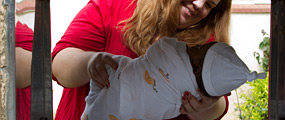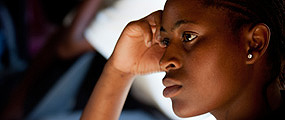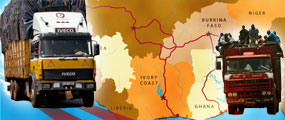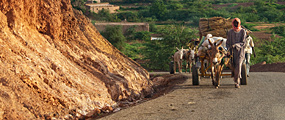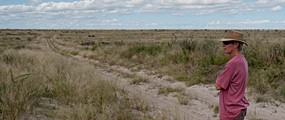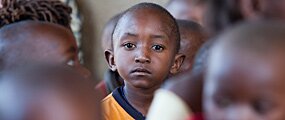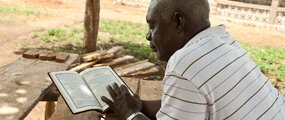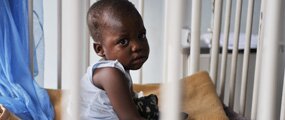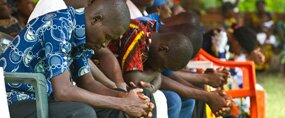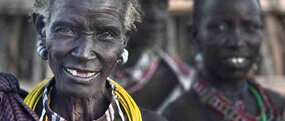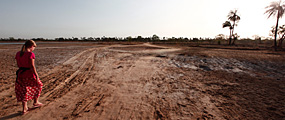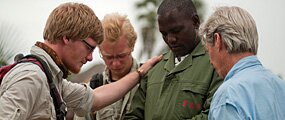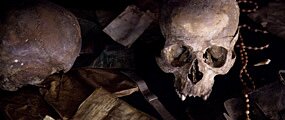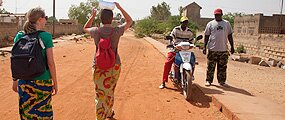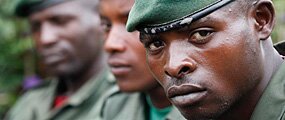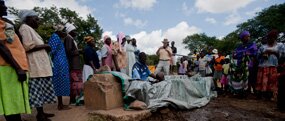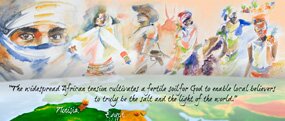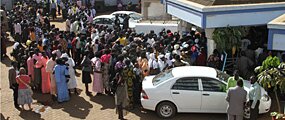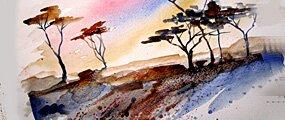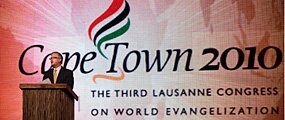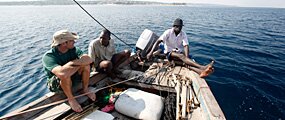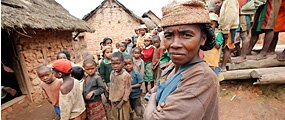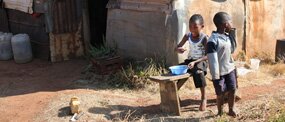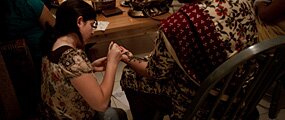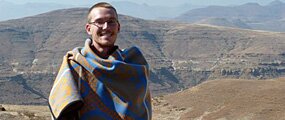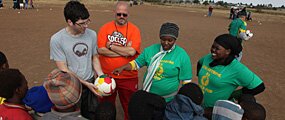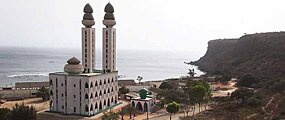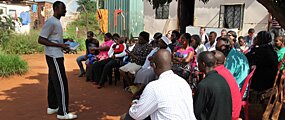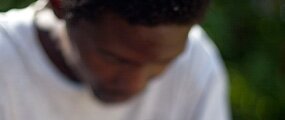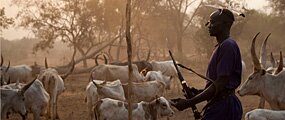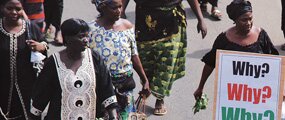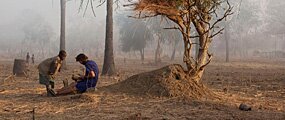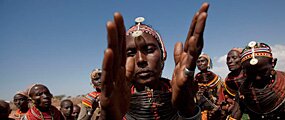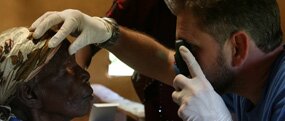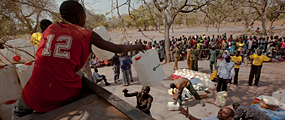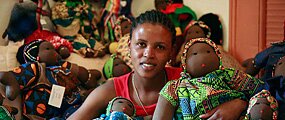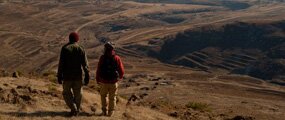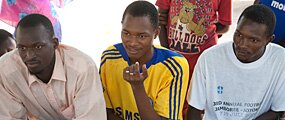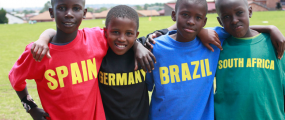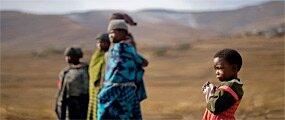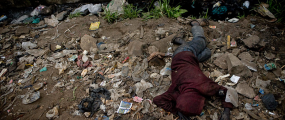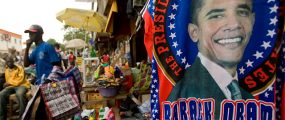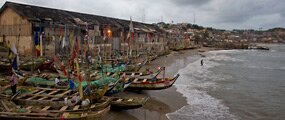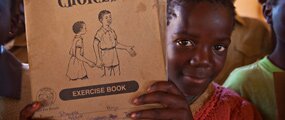Churches Shaken by Killings
Posted on April 12, 2010
JOS, Nigeria – “Where was God?” It’s a question Christians in Nigeria are struggling to answer after church members, including women and children, were cut down by machetes.
 Pastors wonder how they can encourage their congregations to love those who harmed them and to pray for them, not retaliate and burn and kill in return.
Pastors wonder how they can encourage their congregations to love those who harmed them and to pray for them, not retaliate and burn and kill in return.
In March, more than 500 people, most of them Christian, were killed by Muslim herdsmen. Churches, homes and businesses in areas surrounding Jos were burned to the ground.
“It is a trying moment for the church because many people are tempted to be discouraged,” said Reverend Samuel Oni*, a pastor in Jos, the administrative capital of Plateau State in northern Nigeria.
The country is unofficially divided between the southern Christians and the northern Muslims. Jos lies right in the center of the split. The town is often unsettled with violence. Since 2001, killings of both Muslims and Christians have plagued Jos, leaving more than 2,000 people dead. Three rounds of killings have taken place since January.
“The Baptist churches on the plateau in Jos, they have really been affected,” Oni said. “…. In every crisis the church is burned down. They build, it burns down, they build, it burns down.”
Some say the ongoing killings and raids are because Muslims want to take control of Jos, forcing it to come under Shariah law, the Islamic rule based on the Quran.
“ From what we hear, it is that there’s an Islamic agenda to take Jos/Plateau State, where they will build the OIC, Organization of Islamic Countries,” Oni claimed. “Jos is strategically located, because it is from Jos that the Gospel is spreading to all other northern parts, and it’s kind of a threat to them.”
From what we hear, it is that there’s an Islamic agenda to take Jos/Plateau State, where they will build the OIC, Organization of Islamic Countries,” Oni claimed. “Jos is strategically located, because it is from Jos that the Gospel is spreading to all other northern parts, and it’s kind of a threat to them.”
Others say the conflicts are ethnic clashes between people groups, the majority Hausa and Fulani, who are mainly Muslim, against the minority Birom, who are mainly Christian.
“Walking through the city, you could cut the tension with a knife,” said Scott Bradford, an IMB missionary strategy leader who recently visited Jos. Bradford traveled to some of the villages and areas of town most affected by the violence. Amid freshly-dug graves and the charred remains of homes and businesses, displaced people told him their stories. “People are angry,” Bradford said.
On March 10, more than 5,000 women took to the streets of Jos. They marched five miles through the city towards the governor’s house, dressed in black or dark clothing. Many have lost loved ones in the last three months.
 “[They marched] to encourage each other and to make a statement that they as women and mothers are tired of the violence,” said Timothy Smith*, an IMB missionary in Jos.
“[They marched] to encourage each other and to make a statement that they as women and mothers are tired of the violence,” said Timothy Smith*, an IMB missionary in Jos.
Oni wonders how he can help those around him who have experienced so much loss – those who lost their homes, their churches, their families. People such as the woman who watched her house burn with her three children trapped inside. All three died.
The Baptist leaders in Jos, including Oni, are worried about more retaliation killings. They wonder how to keep church members from attacking Muslims, killing them and burning their mosques and homes in return.
“We have been encouraging our Christian Nigerian brothers and sisters to step out of their comfort zone and share the Good News with their Muslim neighbors,” said Mary Lovett, an IMB missionary. “Both groups have suffered losses physically and emotionally. We as Christians know God is in control, and He offers us comfort and His strength.”
The Nigerian Baptist Convention, which has more than 2.5 million members, sent relief items to Plateau State, including clothing, medicines and food.
Baptist Global Response partnered with local Baptist churches to give $5,000 in food and mats to those in need. To find out how you can help people in crisis through Baptist Global Response, visit gobrg.org.
*Names changed for security reasons

